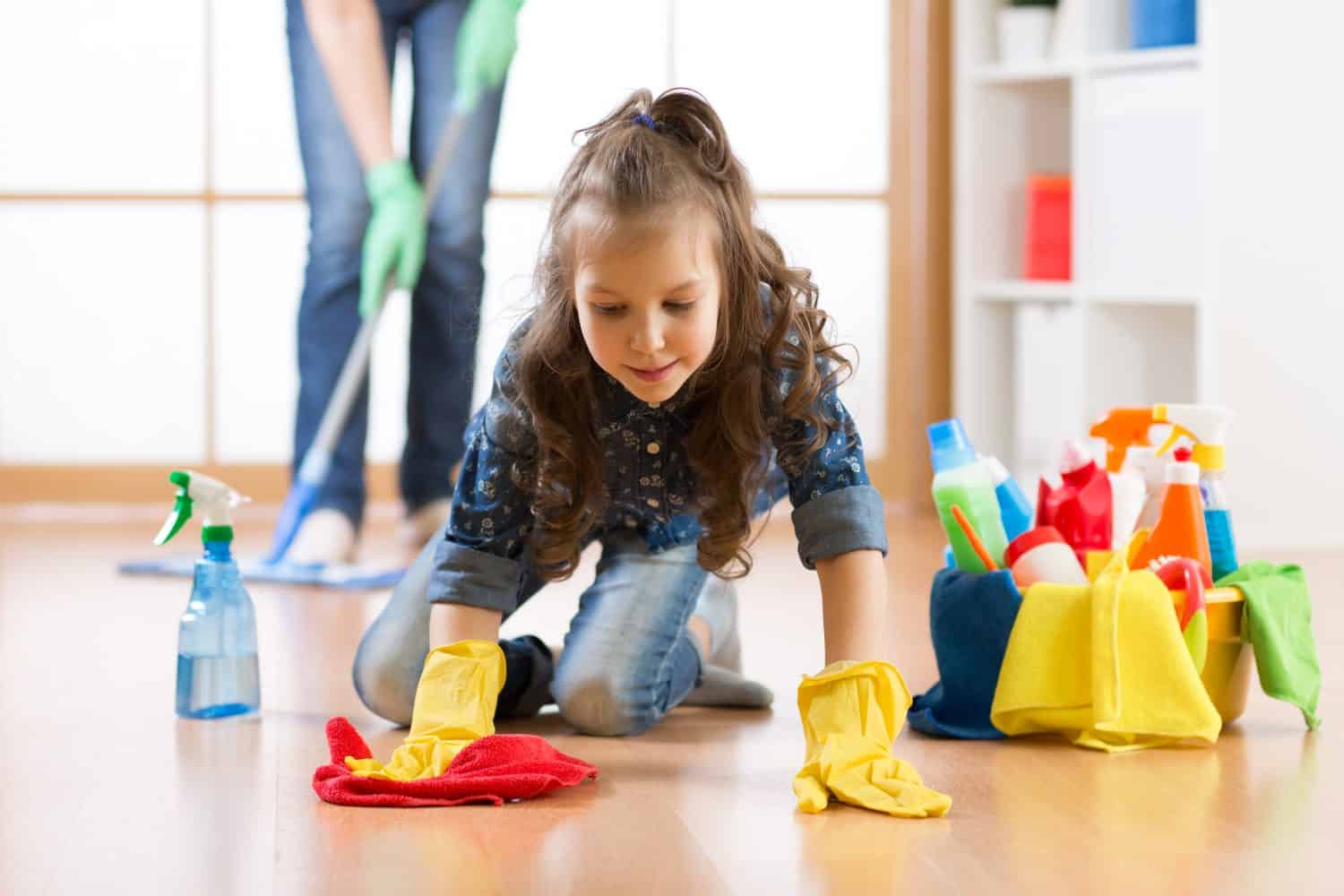Parenting is a full-time job, and managing a household on top of that can feel overwhelming. With daily messes, clutter, and never-ending tasks, it’s unrealistic to expect one person to handle everything. The good news? Even young children are capable of pitching in. Introducing age-appropriate chores at the right time helps teach responsibility, builds independence, and creates healthy habits that can last a lifetime.
Chore List by Age Group
Ages 2–4: Start Small and Simple
Toddlers may be tiny, but they love to help and imitate grown-ups. At this stage, focus on very simple tasks that build routine and coordination:
- Pick up toys and books
- Clean up small spills with a towel
- Put dirty clothes in the laundry basket
- Help dust furniture
- Assist with setting the table
- Wipe off surfaces with a cloth
- Fold small items like towels or washcloths
- Pull up blankets and arrange pillows to “make” the bed
Ages 8–10: Building Independence
Kids in this age group are more capable and can handle regular responsibilities that help with the daily flow of home life:
- Clean and organize their own rooms
- Wash dishes or help load the dishwasher
- Sweep and mop floors
- Take out the trash and recycling
Ages 11–14: Increasing Responsibility
Pre-teens and early teens can manage chores that require attention to detail and consistency:
- Load and unload the dishwasher
- Vacuum carpets and rugs
- Wash windows inside and out
- Clean the bathroom, including sinks, toilets, and mirrors
Ages 15–18: Preparing for Adulthood
Teenagers should start learning life skills that prepare them for independent living:
- Run errands like grocery shopping
- Babysit younger siblings or family friends
- Mow the lawn and handle basic yard work
Why Chores Matter for Children
Assigning regular tasks based on age teaches kids the importance of contributing to the household. It helps them develop discipline, time management, and self-confidence. More importantly, it encourages a sense of teamwork and cooperation within the family.
As long as your kids are old enough to understand and follow instructions, they can—and should—help around the house. Encouraging responsibility early not only lightens your own workload, but also sets your children up with essential life skills they’ll use when they move out and live on their own.
